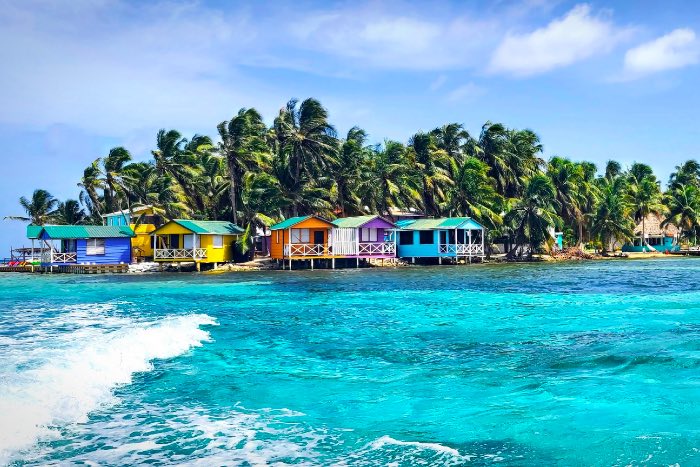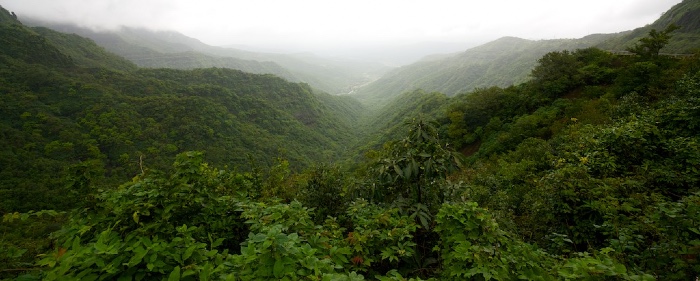
India: Species, Deities & Communities
Journey through the stunning ecological, cultural, and spiritual landscapes of the Western Ghats, where people, wildlife, and deities meet in sacred groves and forest temples.
Course Overview
We will begin our journey in Mumbai, traveling by train on the Konkan Railway—one of India's most scenic routes—through a landscape of lush green plains, rice fields, and waterfalls. We’ll arrive in the Western Ghats, a biodiversity hotspot in Maharashtra, where we will explore sacred groves, temples, and forests. Here, amidst birds, amphibians, and snakes, we’ll discover ancient Hindu stories that reveal the deep connection between local communities and nature.
The course continues to Dapoli, where we will explore the coastal side of conservation by visiting mangrove forests. We'll also visit the ancient Keshavraj Vishnu temple, which is surrounded by orchards in a village focused on sustainability.
Throughout the course, we will visit many unique sacred groves. In the Western Ghats of India, sacred groves have a rich history. These forest patches are protected and revered by local communities for their biological, social, and spiritual benefits. They serve as vital havens for plants and animals, centers for community life, and places where people can connect with ancient deities.
In this course, we will explore the complex relationship between people and nature and the importance of sacred sites in environmental stewardship. We will discuss the benefits of celebrating the spiritual dimension of sacred sites, how to include local knowledge in sustainability models, and the unique opportunities sacred sites provide for community-based conservation.
The award-winning Applied Environmental Research Foundation (AERF) is our partner and host in India. AERF has worked with communities in the Western Ghats for more than two decades to support groundbreaking work on sacred groves and conservation.
A typical day on this EE course includes exploration in the local environment and temples, instructor and student-led discussions of key course topics, presentations, engagement with local community experts, and time for inquiry investigations and journal writing. Prior to and following the field experience in India, students will complete coursework via Canvas, Miami University's learning management system, as they apply experiences at home.
 *** If you're interested in India: Species, Deities & Communities for Summer 2026, let us know by completing this short form. Note: This is not the EE application/course request form. Visit our Apply webpage for application instructions for the GFP or to take an Earth Expeditions stand-alone course. Current Dragonfly students' summer requests should be submitted using the form sent via email.
*** If you're interested in India: Species, Deities & Communities for Summer 2026, let us know by completing this short form. Note: This is not the EE application/course request form. Visit our Apply webpage for application instructions for the GFP or to take an Earth Expeditions stand-alone course. Current Dragonfly students' summer requests should be submitted using the form sent via email.
| Course Components | Details |
|---|---|
| In-Person Travel Dates |
July 1-9, 2026 Arrive at least one day before course start date and can depart the day after the course ends. |
| Full Coruse Dates |
April to August online. |
| Course-Specific Themes |
-Biodiversity of the Western Ghats and local ecological knowledge. -Understanding ecological, cultural, and social value of sacred groves. -Species conservation, spiritual ecology and conservation. -Practices for non-profit management and environmental campaigns. |
| Eligibility |
This course is open to any interested current master's students or can be taken as a standalone course. An undergraduate degree is required. *Miami U. undergraduates with Graduate School permission may also apply. |
| Physical Requirements |
Walking around temple sites; a couple of hikes through rural villages with hills; unique rainy monsoon weather; time in vans on beautiful mountain roads. |
| Lodging |
Smaller hotels sharing rooms with 2 to 4 people; shared or en suite bathrooms. |
| Course Credits |
5 master's graduate credits or 7 CEUs (continuing education credits) can be earned. |
| Course Costs* |
There are two options to take this course: 1) Earn 5 graduate credits: $1600 program fee + $2275 for 5 credits tuition ($455 x 5 credits) + $175 Miami’s global programs fee = $4050 2) Earn 7 CEUs (Continuing Education Credits): $1600 + $400 instructional cost = $2000 All participants cover their own transport to Mumbai, India (airport code BOM). |
*Includes meals, water (extra snacks and drinks not included), lodging, activities (optional activities not included), course transportation, and park entrance fees. For additional information, go to our Program Costs page.

India
India is a spectacular country of tremendous biological and cultural diversity, a place where ancient traditions coexist alongside modern cities in one of the world’s largest democracies. The natural environments of India range from deserts to tropical forests, from beaches to Himalayan peaks. India has more than 400 wildlife sanctuaries and is home to elephants, hornbills, wild dogs, crocodiles, tigers, and rhinoceroses. As the birthplace of four world religions, India has helped shape cultures across Asia and beyond.
Planned Sites
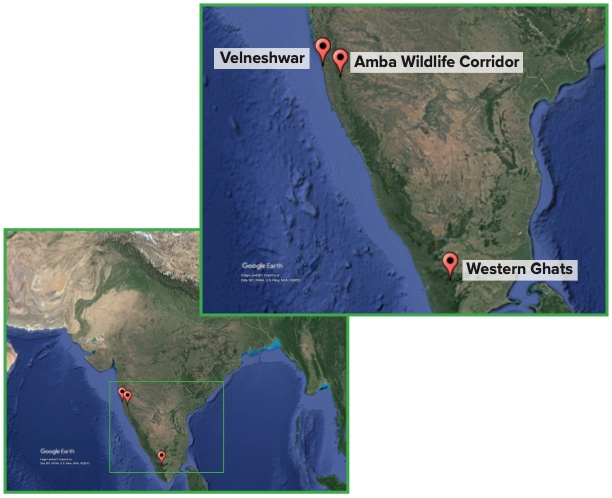
Western Ghats
All of our course locations lie in the Western Ghats, a lush and dramatic landscape, a UNESCO World Heritage Site, as well as one of the most important conservation regions on Earth. The rain that falls in the Western Ghats feeds many of India’s major rivers. We will be in the northern section of the Western Ghats (in the Sahyadris hill range), which has received comparatively little conservation attention.
Amba Wildlife Corridor
India is seeking to reverse a tragic decline of ecologically and spiritually important species by establishing and protecting a system of reserves and corridors. While in Amba, we can gain an appreciation for the ecological importance, impacts, and conservation strategies happening in this region including the spiritual aspects of hornbills, palm civet, tigers, fish tail palm, and other animal and plant species, in sacred groves.
Velneshwar
Sri Velneshwar is an ancient temple by the sea, located on the shores of the Indian Ocean. The colorful temple grounds are decorated with paintings and carvings depicting deities and local stories. Many plant and animal species frequent this area including monkeys and many species of birds.
(Course locations are subject to change.)
India Course Photos
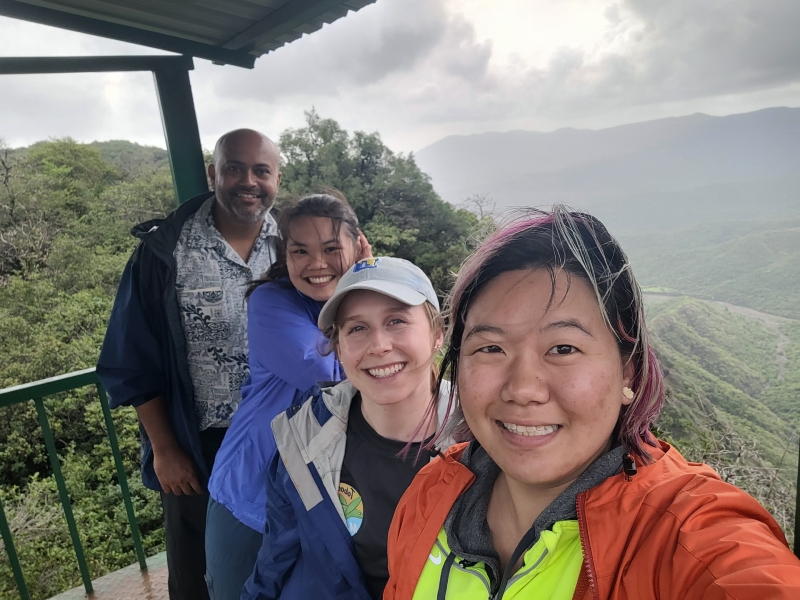

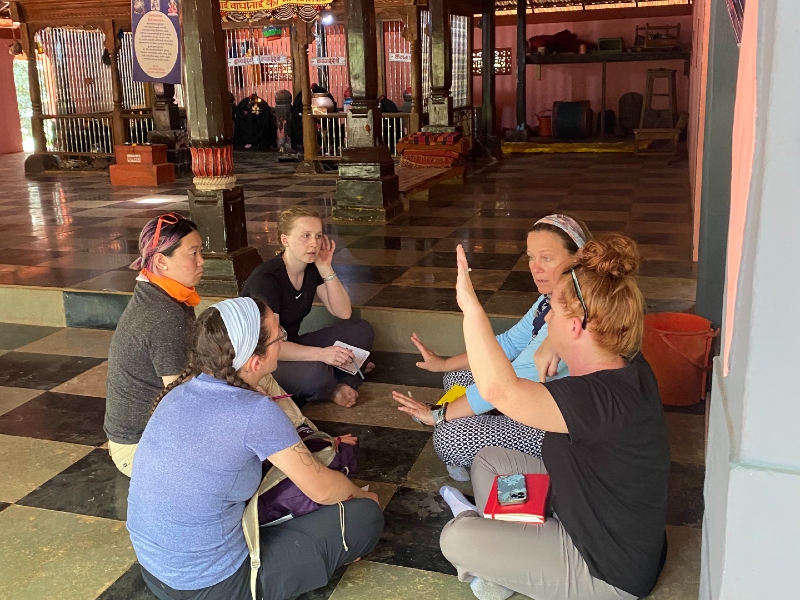

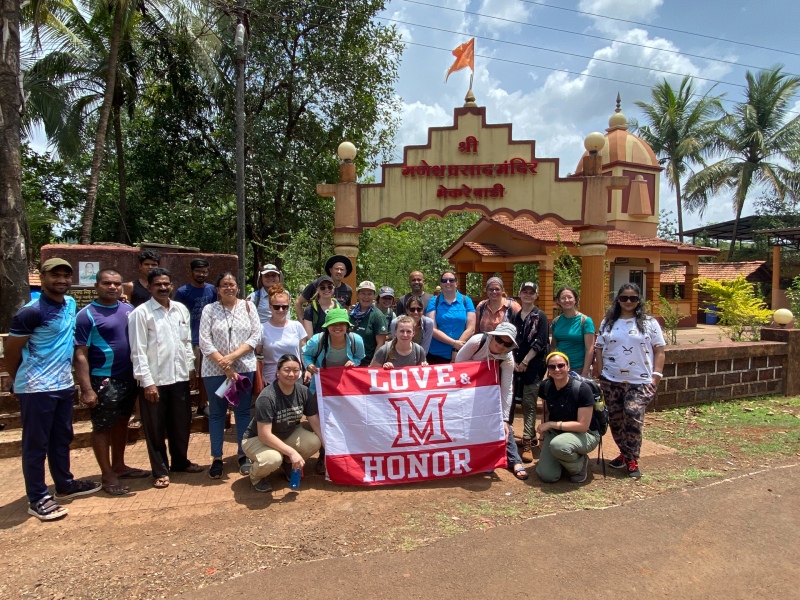
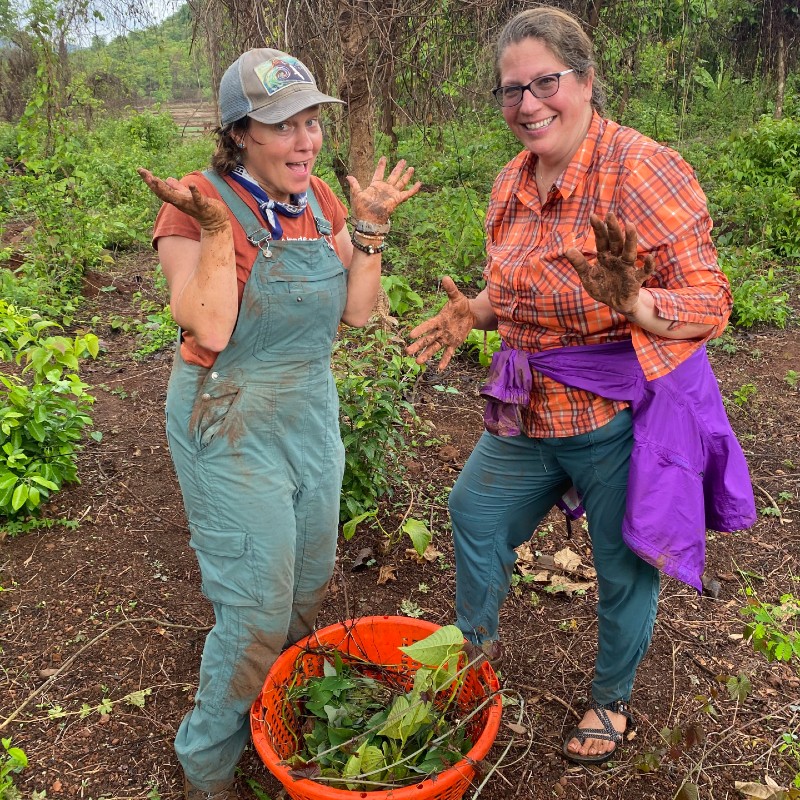
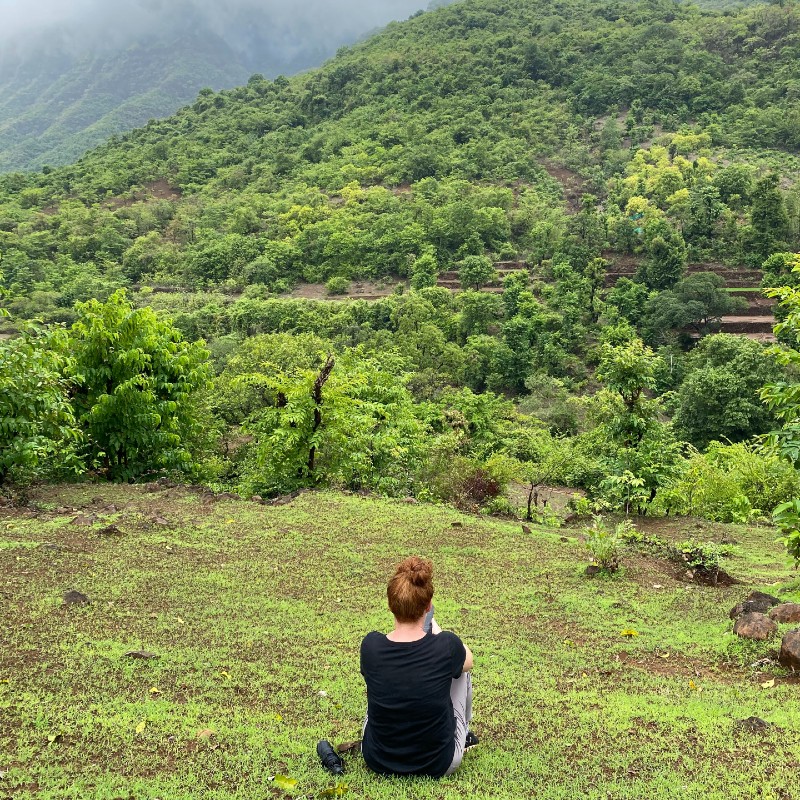
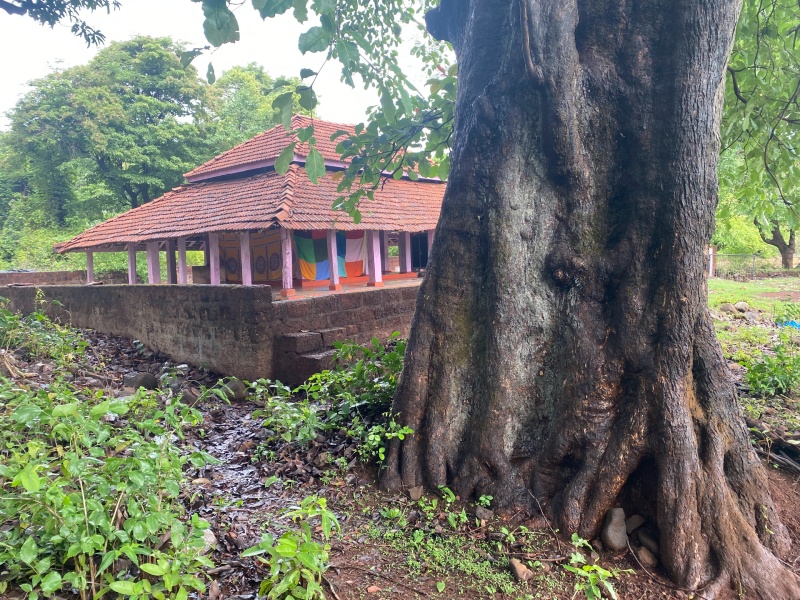
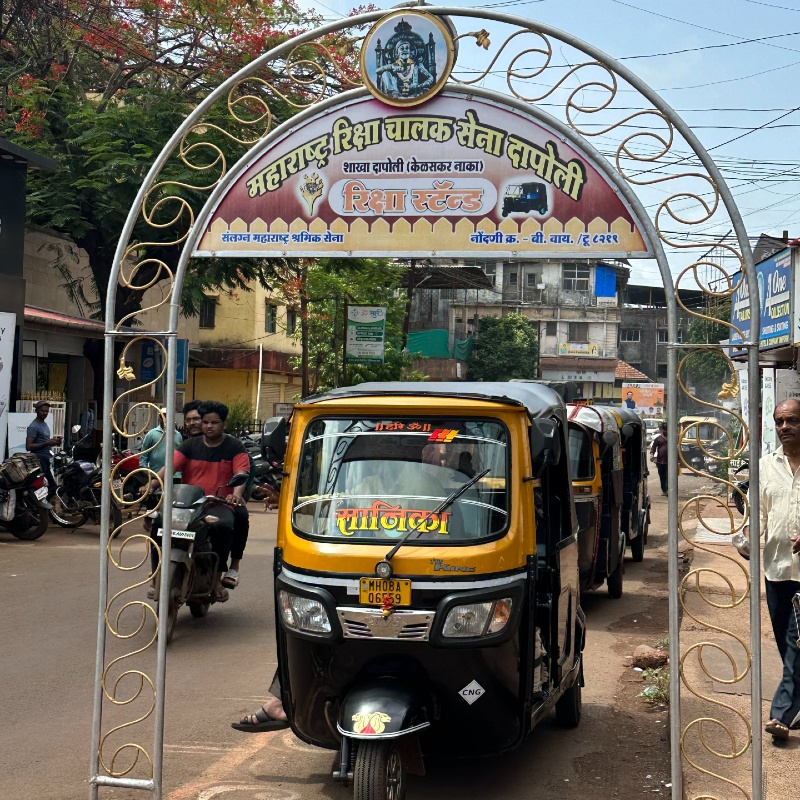
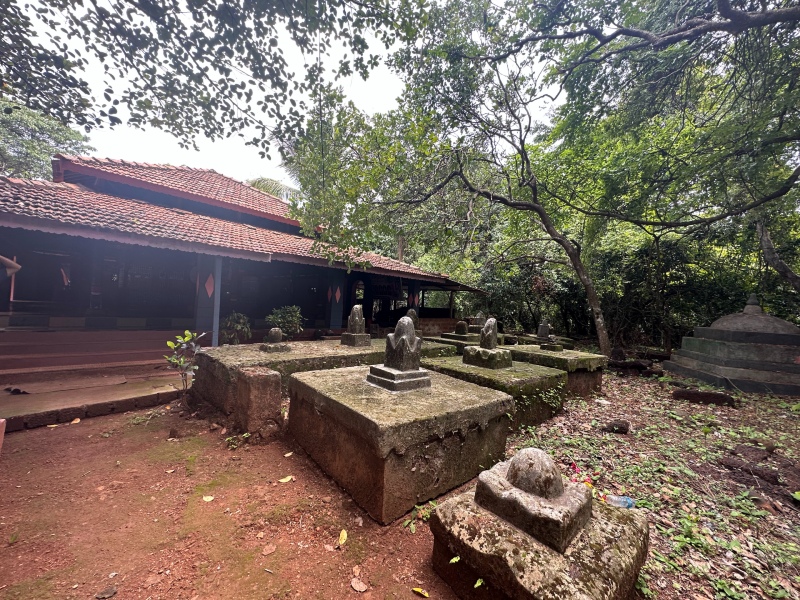
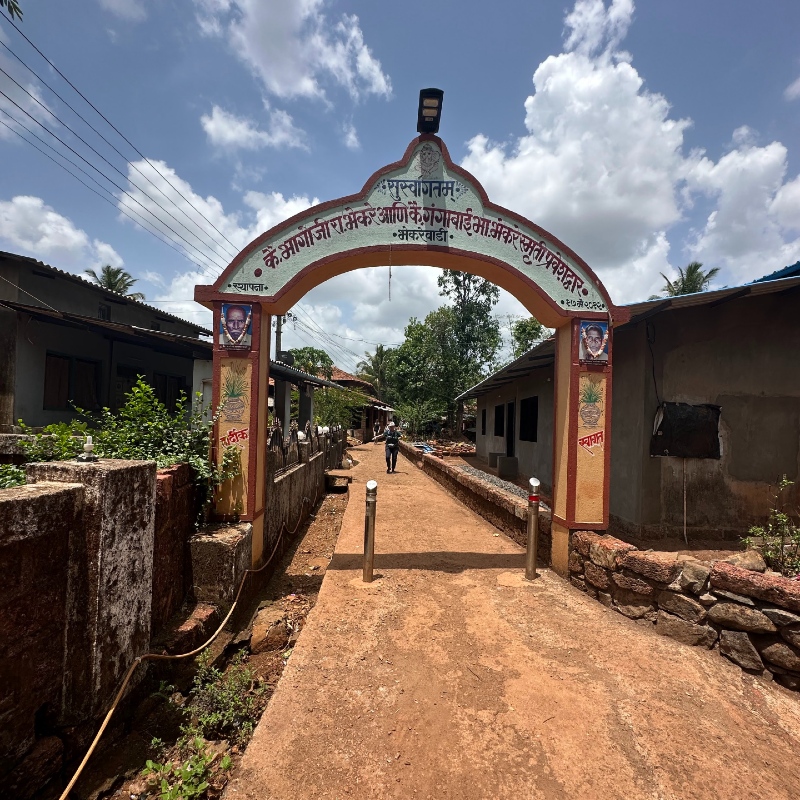
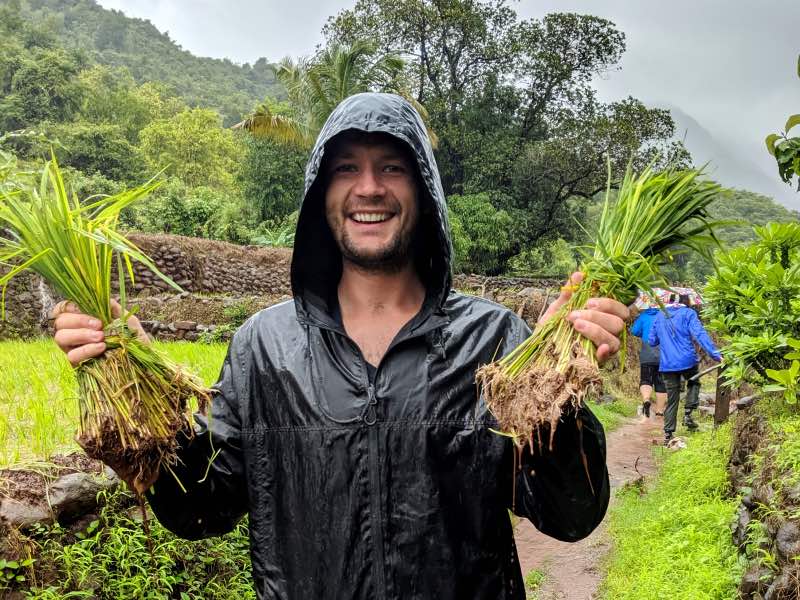

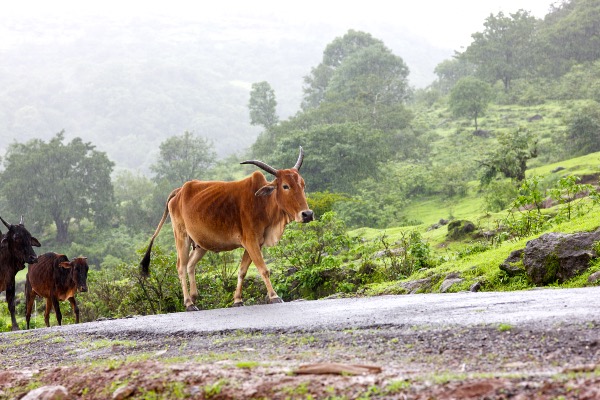
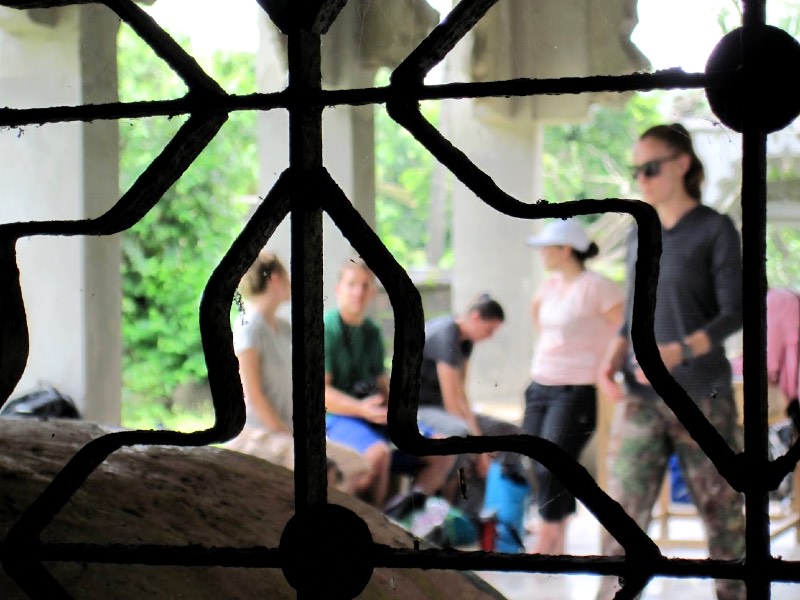
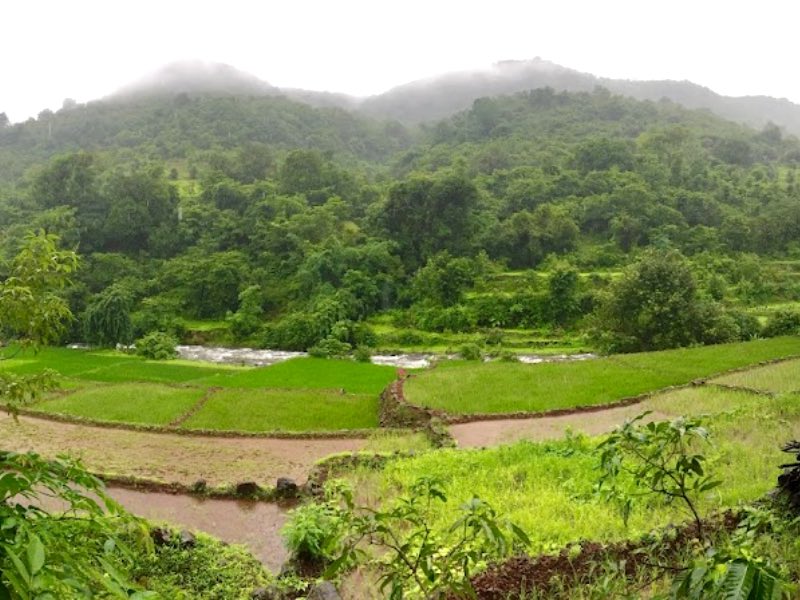
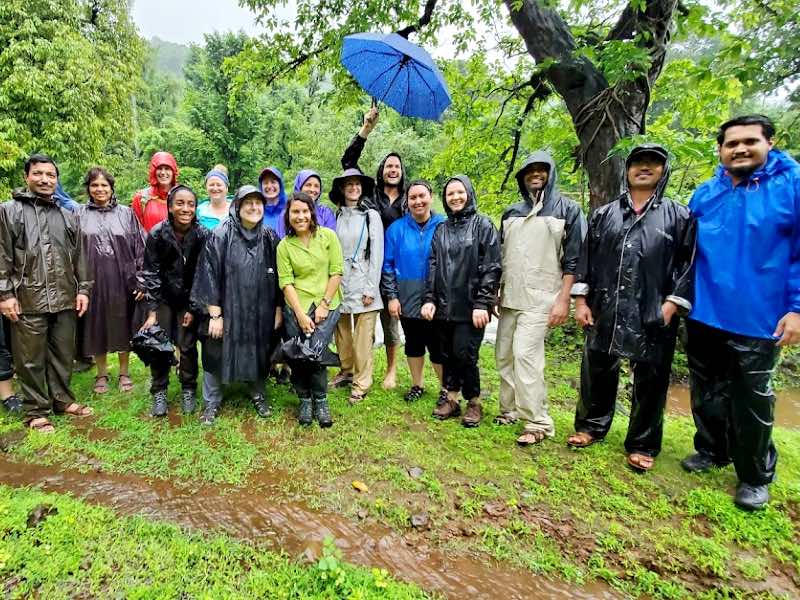
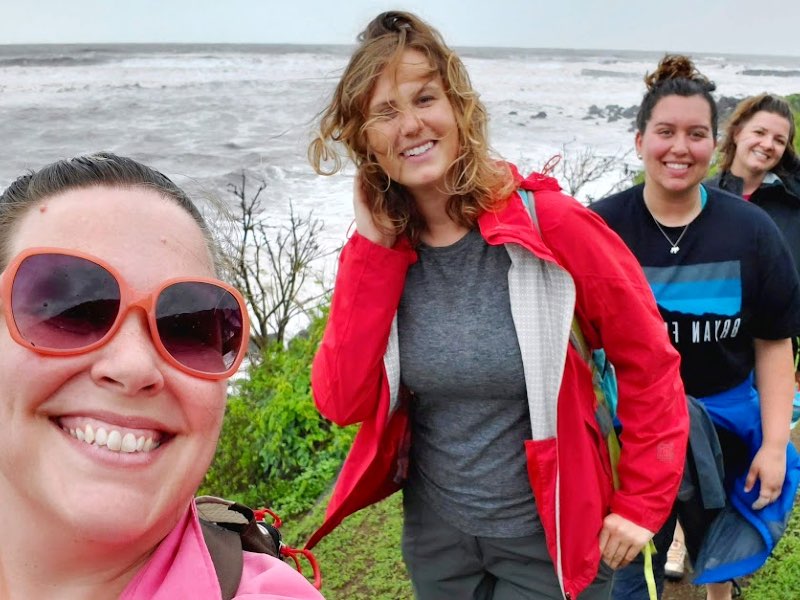
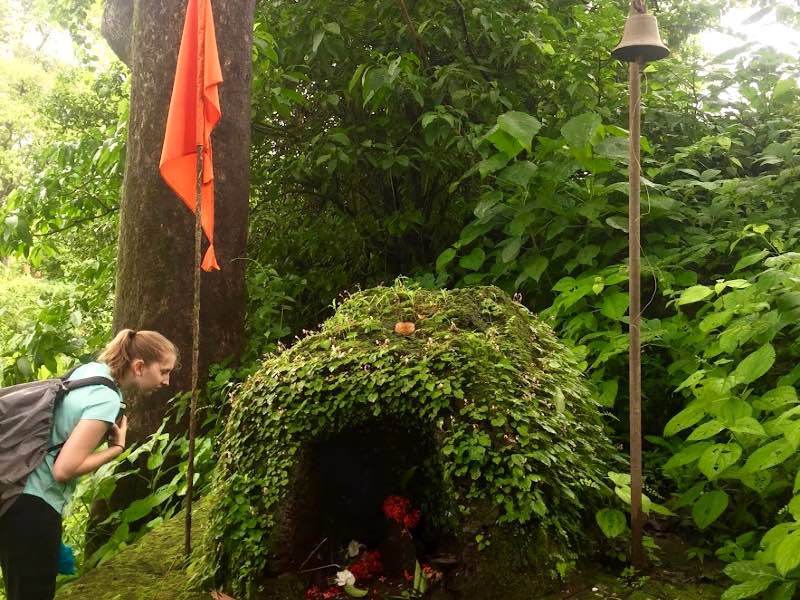
Inside Earth Expeditions
Recorded October 23, 2024, covering Australia, India, Paraguay, Thailand.
Want to know more about Dragonfly's global+web-based Earth Expeditions courses? Please view a recording from one of our 2024-25 Inside Earth Expeditions sessions, or join us next fall for an upcoming session, where we share the inside scoop on our EE course locations, partners, and activities. These sessions are perfect for current AIP and GFP students, prospective GFP students, and those interested in taking an EE as an individual course. Each session was led by an experienced member of our instructional team.
Questions?
Check out another EE!
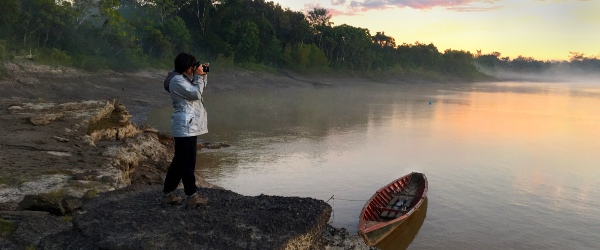
Amazon: Avian & Tropical Ecology

Australia: Great Barrier Reef
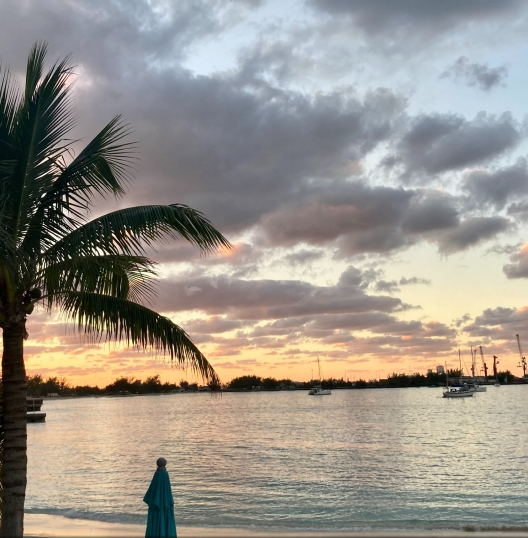
The Bahamas: Cultivating Conservation Networks
Snorkel in biodiverse marine protected areas, explore unique national parks, and gain an understanding of community-driven initiatives by talking directly with local experts at the forefront of conservation.
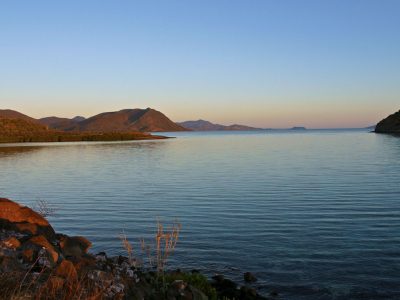
Baja: Field Methods

Belize: Approaches to Environmental Stewardship
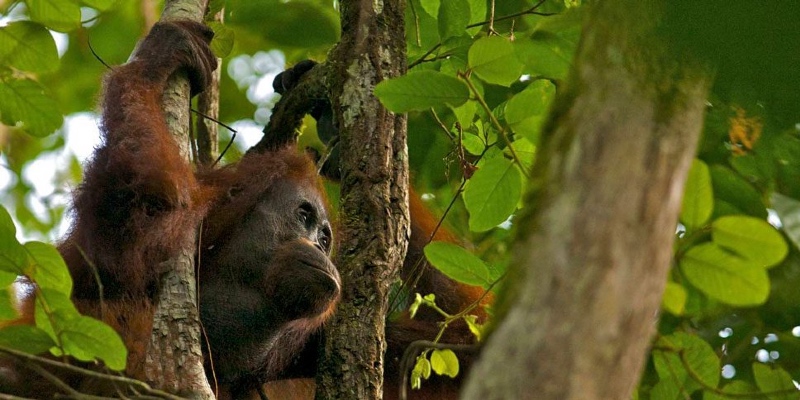
Borneo: Primate Conservation
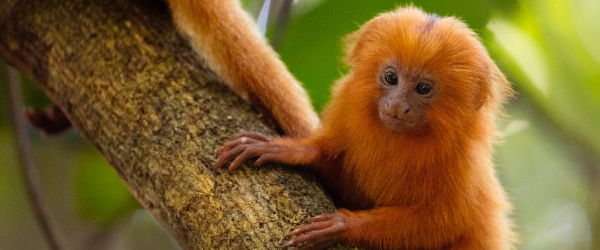
Brazil: Saving Golden Lion Tamarins
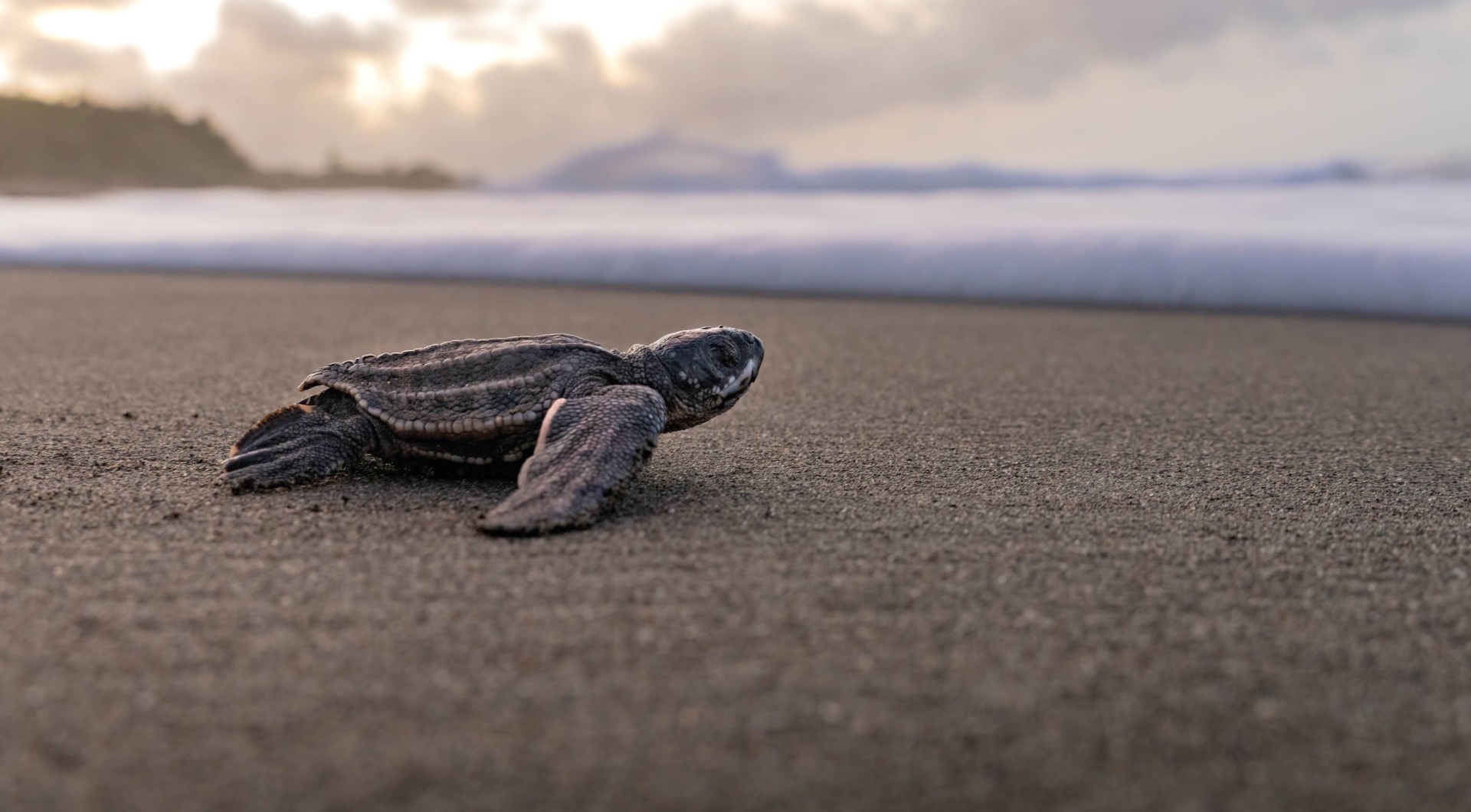
Costa Rica: Ecology & Ecotourism

Galápagos: Islands of Change
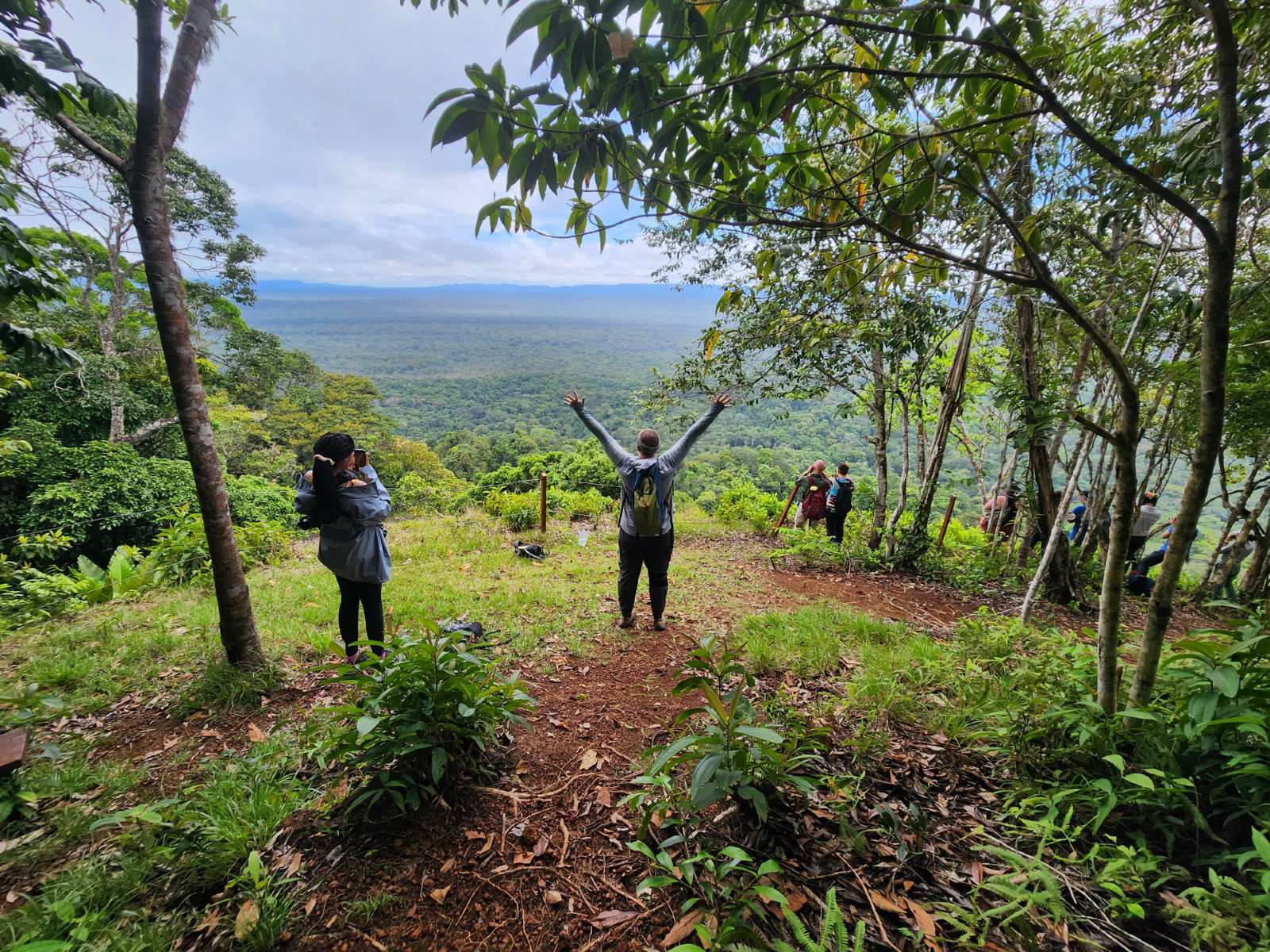
Guyana: Local Wisdom & Conservation

India: Species, Deities & Communities
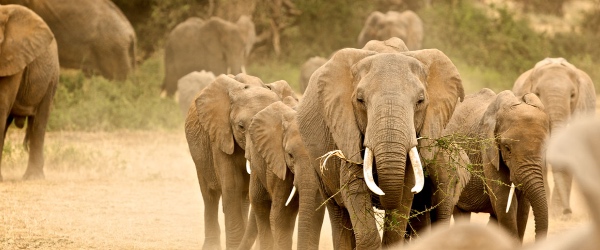
Kenya: Wildlife & People in Integrated Landscapes
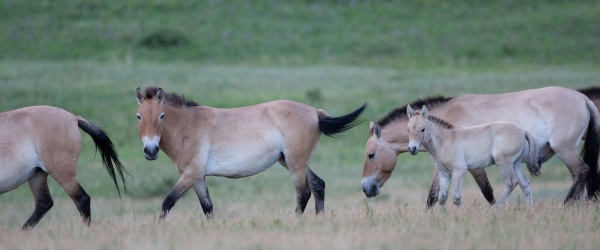
Mongolia: Steppe Ecology & Civic Media

Namibia: Great Cat Conservation
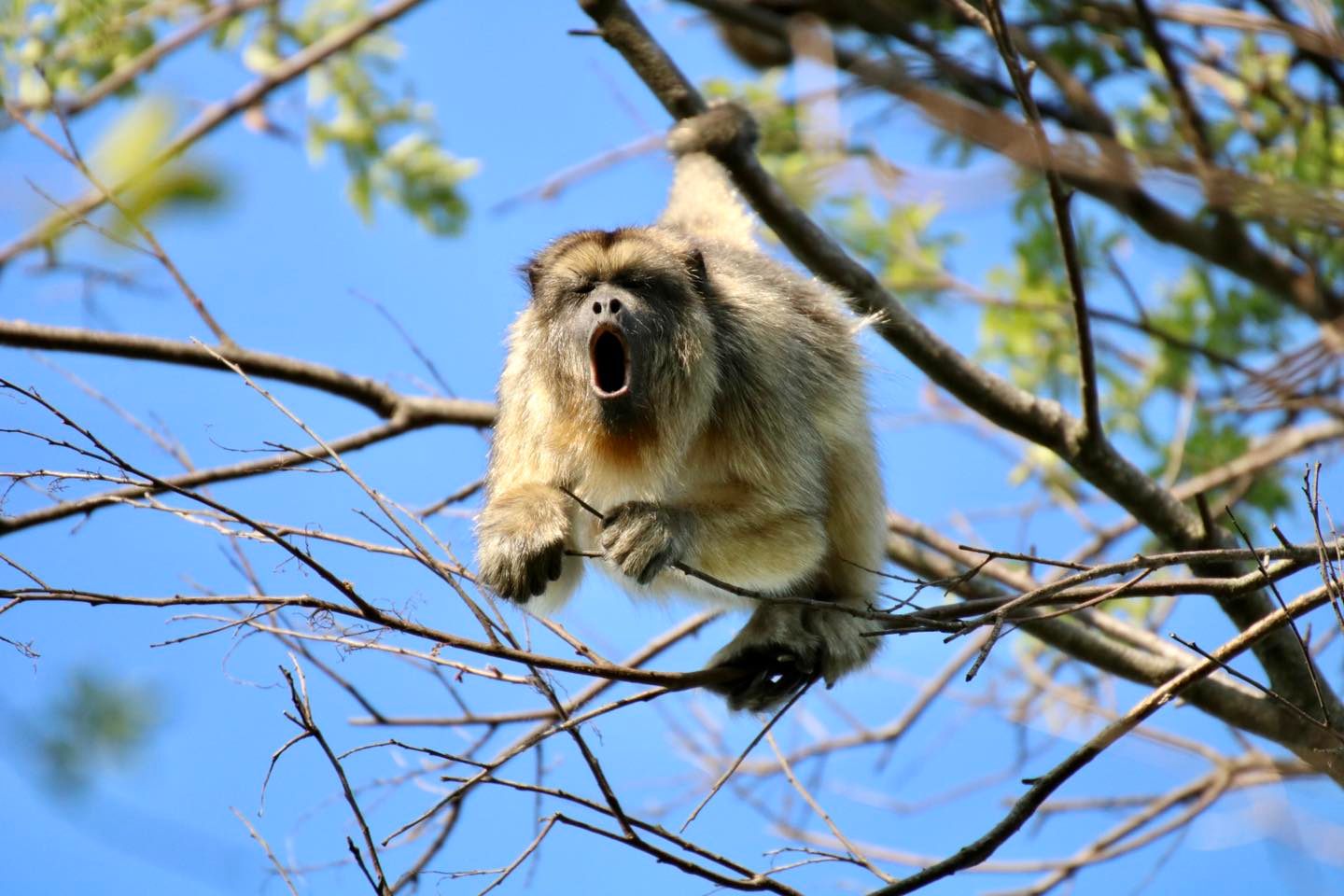
Paraguay: Eco-Leadership
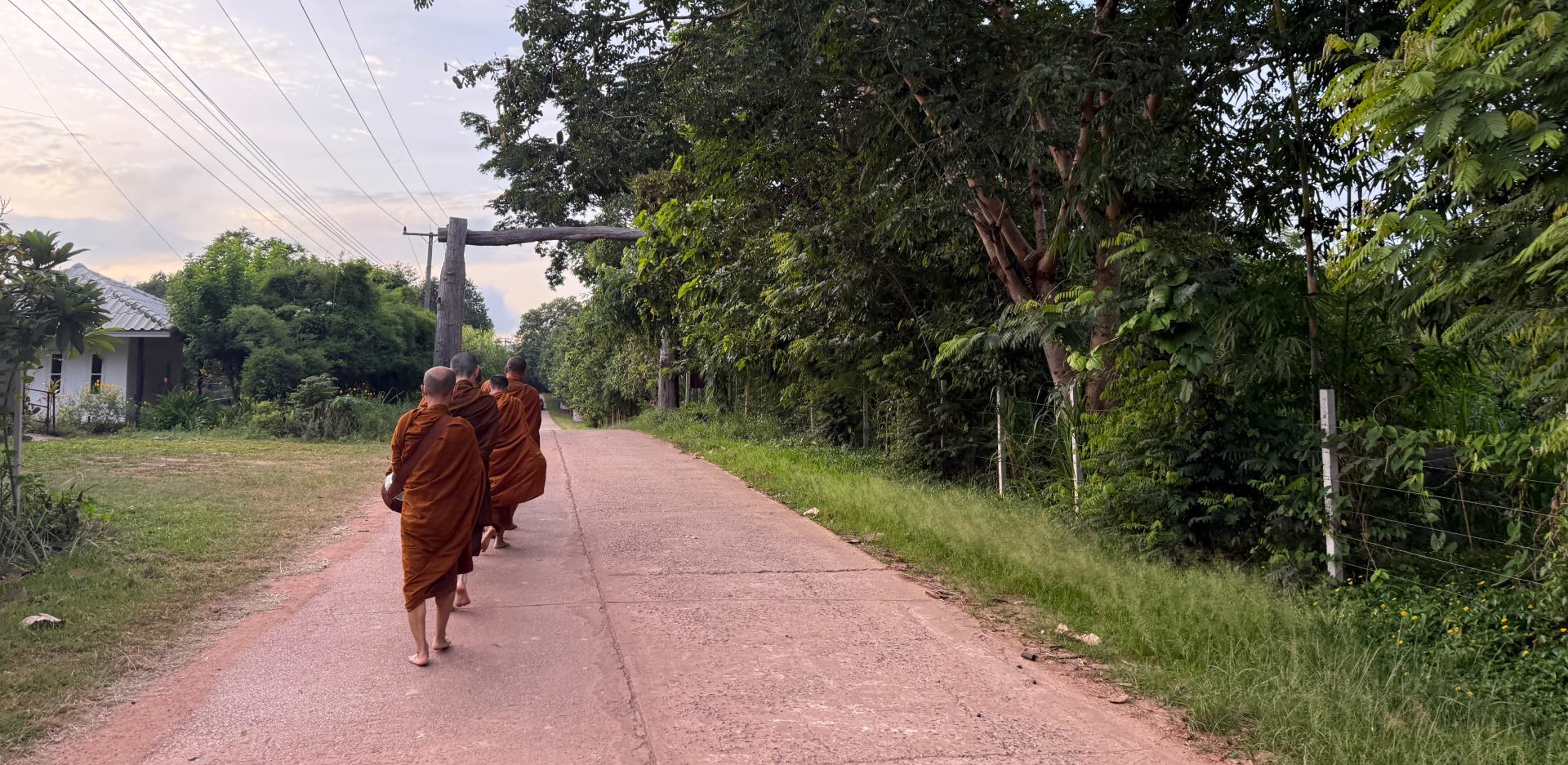
Thailand: Buddhism & Conservation
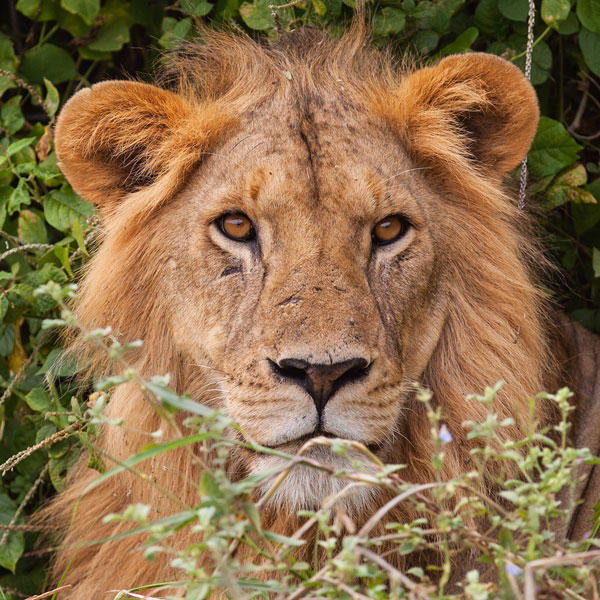
FAQs
